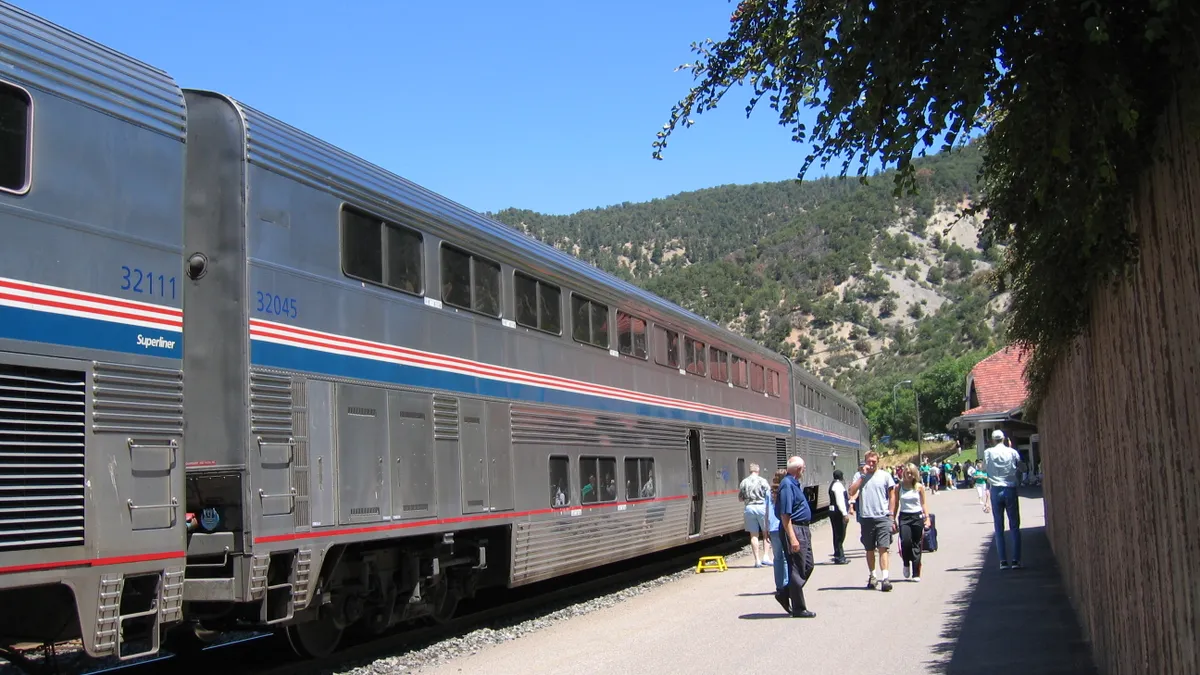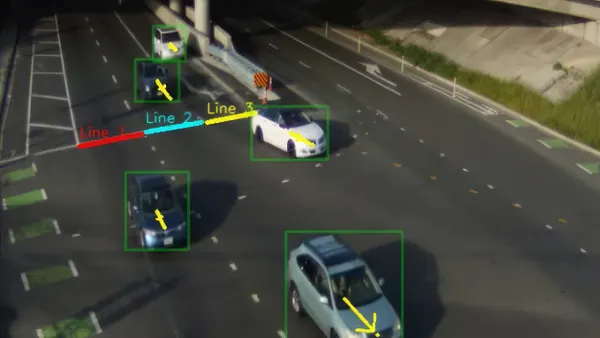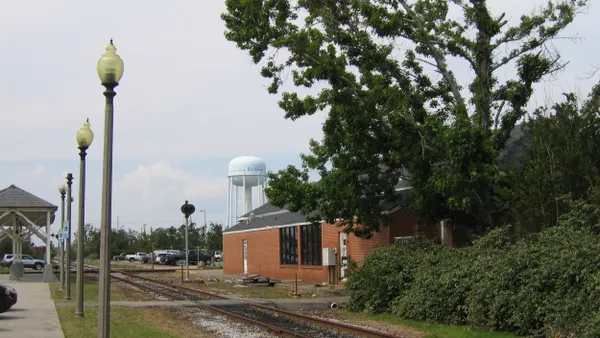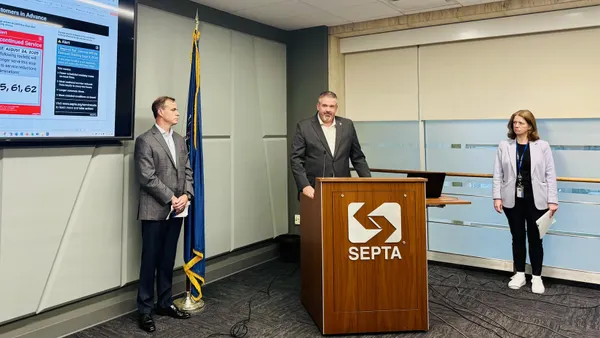A potential strike that would have shut down the nation’s major freight railroads was averted overnight Wednesday after 20 hours of talks led by Labor Secretary Marty Walsh. A strike would also have interrupted service on several commuter and regional passenger railroads. President Joe Biden announced the tentative settlement, which is subject to ratification by labor union members, early Thursday morning.
The nation’s freight railroads own most of the roughly 140,000 miles of rail infrastructure in the United States. Amtrak owns just 3% of the routes its trains travel, and many regional commuter railroads also rely on trackage agreements with freight carriers to serve their cities.
As the Friday midnight strike deadline approached, commuter railroads including Chicago’s Metra, Los Angeles’ Metrolink, the Virginia Railway Express and Maryland’s MARC braced for a potential suspension of service on some or all of their lines.
Amtrak began canceling some long-distance trains this week to avoid stranding trains and passengers en route in the event of a strike. Trains such as those that run between Chicago and the West Coast can take more than 40 hours to complete their journeys.
“The tentative agreement reached tonight is an important win for our economy and the American people,” Biden said in the statement Thursday morning, noting that rail workers will get “better pay, improved working conditions, and peace of mind around their health care costs.” He also called the agreement “a victory for railway companies who will be able to retain and recruit more workers for an industry that will continue to be part of the backbone of the American economy for decades to come.”
According to the Association of American Railroads, the new contracts give rail employees a 24% wage increase across the five-year period from 2020 through 2024. The AAR thanked the unions, the Biden administration and the National Mediation Board for their help in reaching these settlements.
The agreement also provides bonus payments totaling $5,000, according to a joint statement released this morning by the Brotherhood of Locomotive Engineers and Trainmen and the Transportation Division of the International Association of Sheet Metal, Air, Rail, and Transportation Workers (SMART-TD).
“The solidarity shown by our members, essential workers to this economy who keep America’s freight trains moving, made the difference in our Unions obtaining agreement provisions that exceeded the recommendations of the Presidential Emergency Board,” the two unions said.











